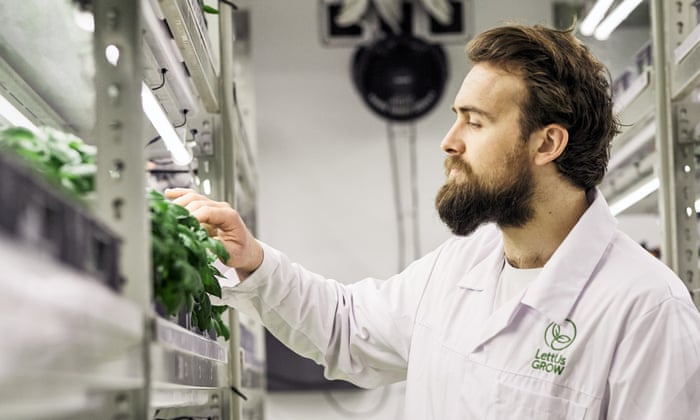
If you’re the founder of a small business that’s making waves across the UK, you may well be more than happy with the way things are. But for many British business owners, the ultimate goal is to export their goods and services around the world. This is particularly the case in the UK’s knowledge-economy sector, where innovative SMEs have the potential to change lives and benefit communities far and wide if they can gain access to markets overseas.
Among the many SMEs actively pursuing international opportunities are medical imaging business Axial3D, indoor farming experts LettUs Grow, and disability access consultancy Direct Access – all united by a shared vision to make a difference working with customers around the world.
Based in Belfast, Axial3D is pioneering technology that turns 2D MRI and CT scans into highly precise 3D images that can be used by surgeons worldwide and even turned into 3D printed models. These images and models are then used to plan complex neuro, cardio, orthopaedic and cancer surgeries, and for creating patient-specific implants.

“Currently, for many complex surgeries, 2D imaging can be difficult to interpret, so surgeons often go into, say, a cardiac operation with multiple plans in their head, to cover the different scenarios they might find,” says Axial3D’s CEO Roger Johnston.
“But if I turn that 2D image into an incredibly precise 3D one, the surgeon can typically plan on just one scenario. We’ve found that 53% change their surgery plan when they see the models, that surgery time is cut on average by 62 minutes, and that patients leave hospital 16% faster.
“Our imaging has helped an amazing range of operations, such as separating conjoined twins, removing tumours, and performing complex heart surgery on babies, so we’re making a real difference to patients every day.
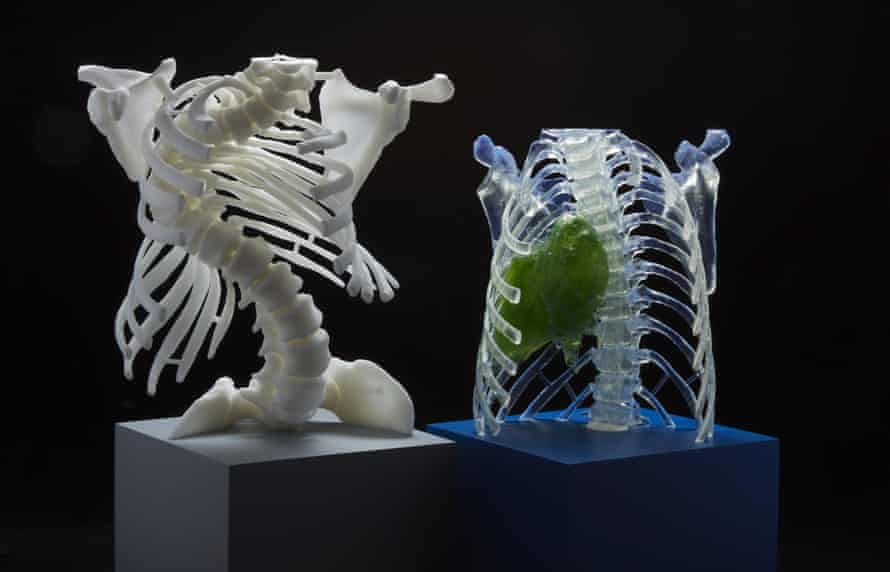
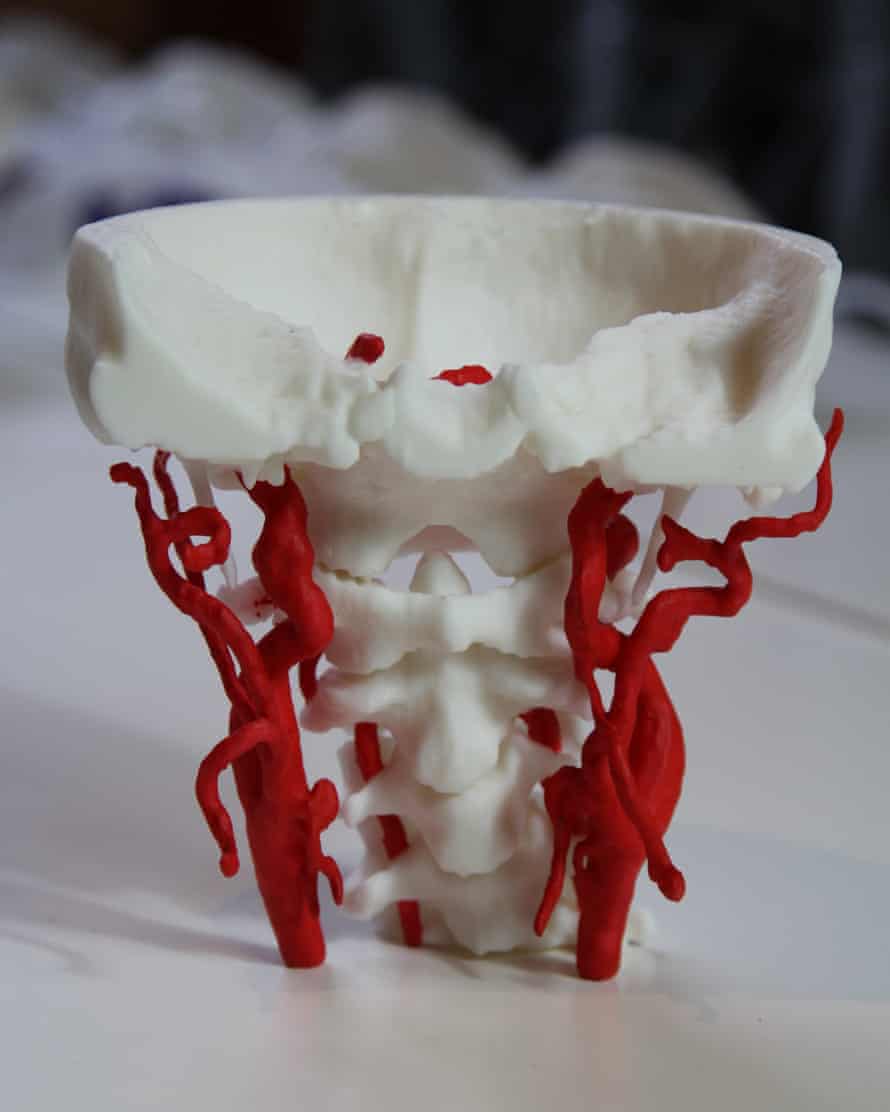
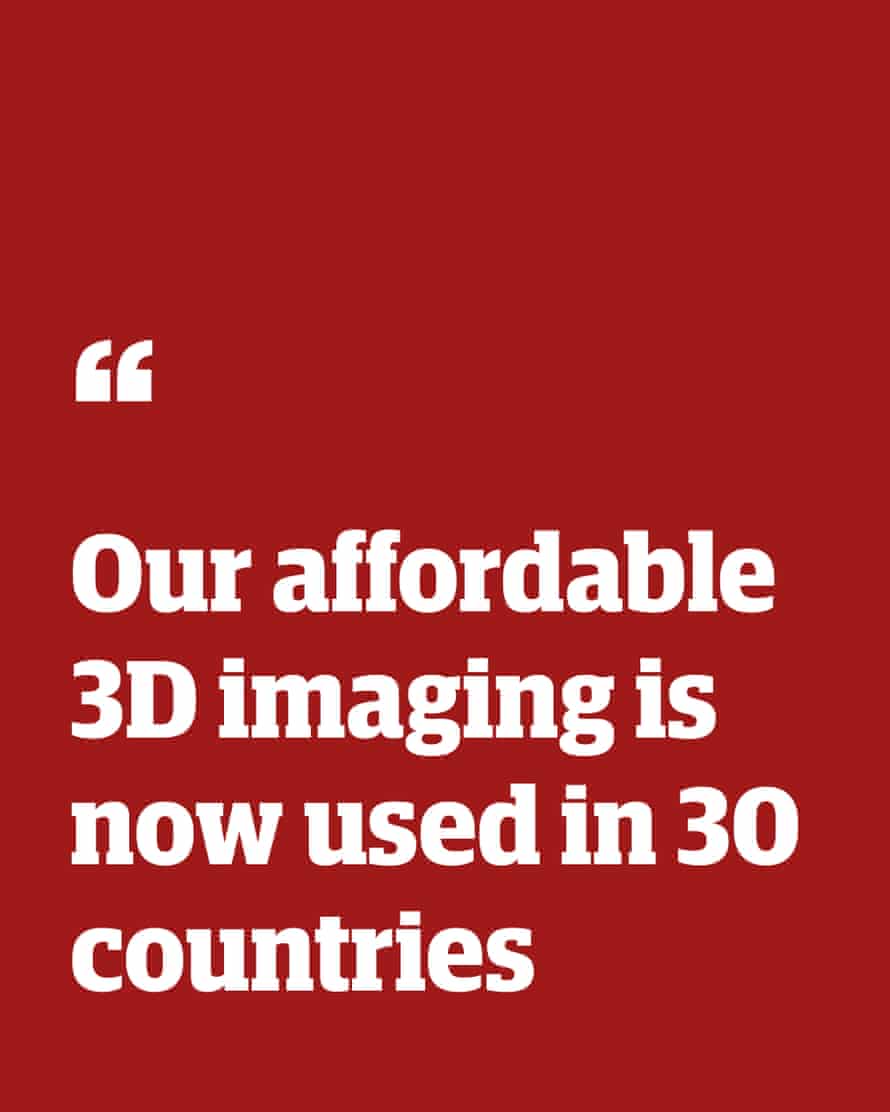
“We can also provide these perfect 3D images at a price anyone who can access 2D imaging can afford. We’re changing healthcare – and that’s what gets us out of bed in the morning.
“We’ve been used by around 50 NHS trusts, but in global terms, the UK is a relatively small market. There are huge opportunities for our product across the world.
“Because surgeons can order models on our website, we’ve been receiving orders from all around the world since we started commercialising two years ago. We’re now used in more than 300 hospitals in 30 countries, ranging from the Middle East, to South America, the US, and even Nepal.”
Further export opportunities mean Axial3D’s patented system has the potential to save thousands more lives every week. To maximise these openings, the company is tapping into international marketing expertise from the Department for International Trade (DIT) and its partners at Invest Northern Ireland.
“Sometimes it takes time for the full impact of this kind of support to be recognised, but we’ve already doubled the size of our marketing activities,” Johnston says. “We now sell over 70% of our models outside the UK, and our business has grown at an average of 250% per year for each of the last three years.”
This kind of high-growth potential is part of the vision at LettUs Grow, which was founded in 2015 by three University of Bristol graduates, Charlie Guy, Jack Farmer and Ben Crowther. They have ambitious plans for their indoor farming technology, which enables food to be grown faster and more sustainably.
The business came about from us looking at some of the issues in food production,” says Guy, the company’s CEO. “These ranged from food waste in our supply chains, through to the fact that we have to import a huge amount of fresh produce into the UK.
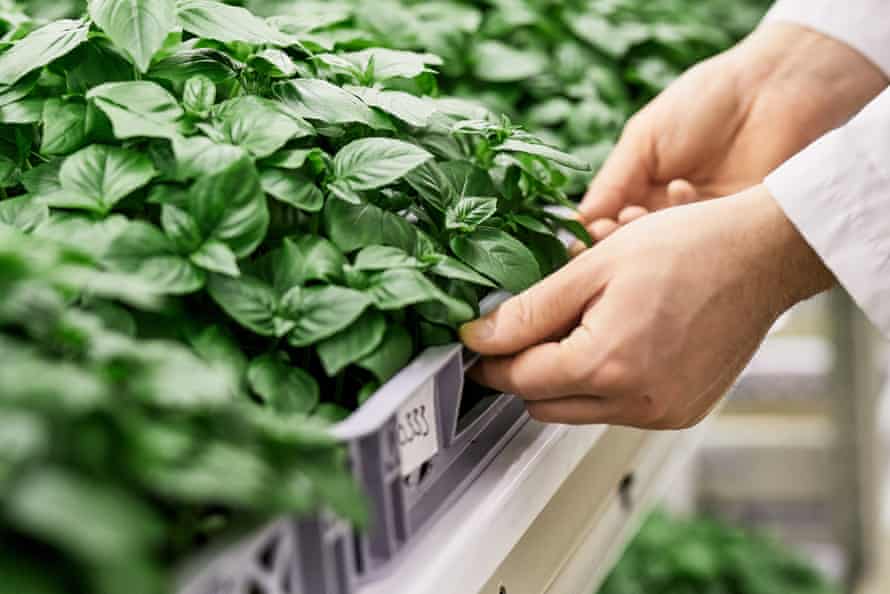
“Over the years, we’ve developed technology to create vertical farms, which can bring resilience to food-supply networks and will be key to the future of sustainable farming. In these farms, instead of plants growing in soil, or in a hydroponic solution, plant roots are exposed to a very fine mist that feeds them a specific, optimised set of nutrients and water, and enables them to grow much faster.
“Our very first product, a small aeroponic grow-at-home kit, has now transformed into a 40ft container farm. We can provide growing systems that enable producers to grow 365 days a year in any geographic or climatic conditions.”
The trio’s patent-pending technology has huge potential in the UK but there are even more opportunities abroad, especially in places such as Scandinavia, where there’s very little natural light in winter, or the Middle East, where water is at a premium.
To build the business’s export arm, LettUs Grow has been exploring potentially lucrative markets including China, South Korea, Singapore and the US, as well as Europe, looking at which new territories are best suited to its technology, and where to focus its energies when it comes to exports.
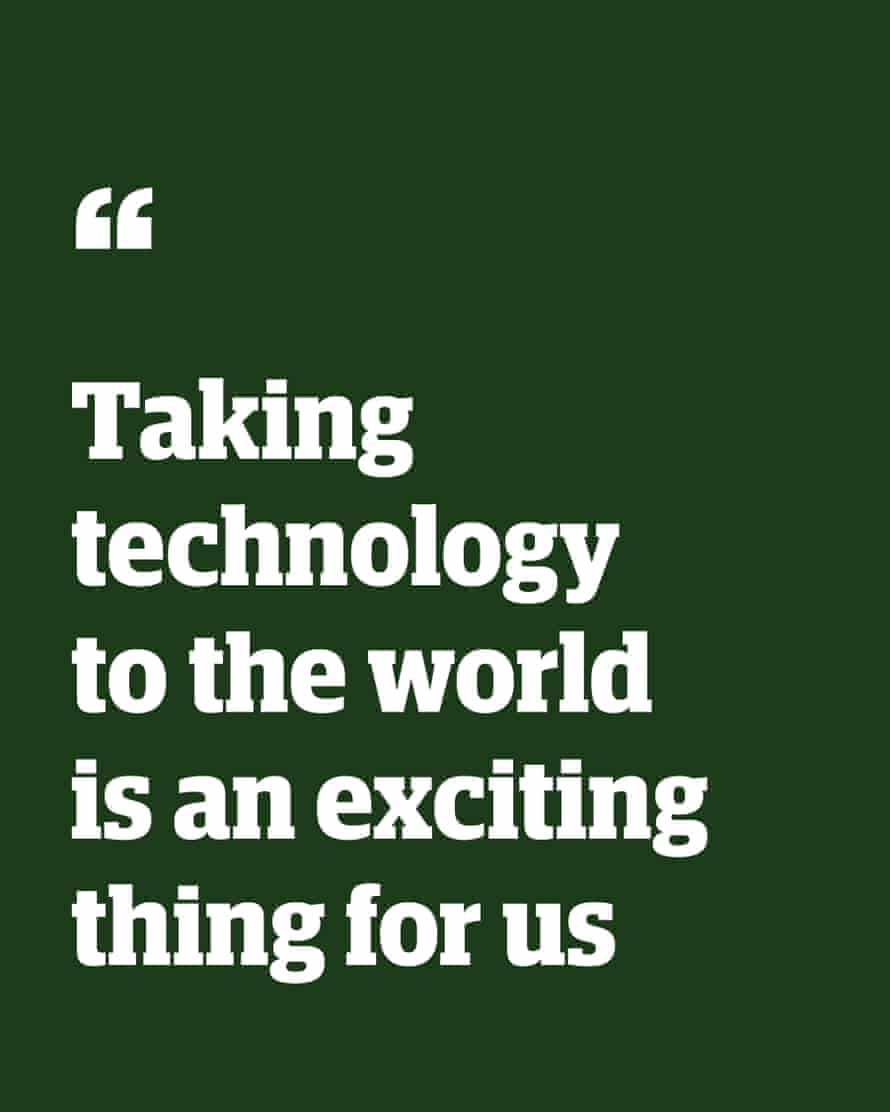
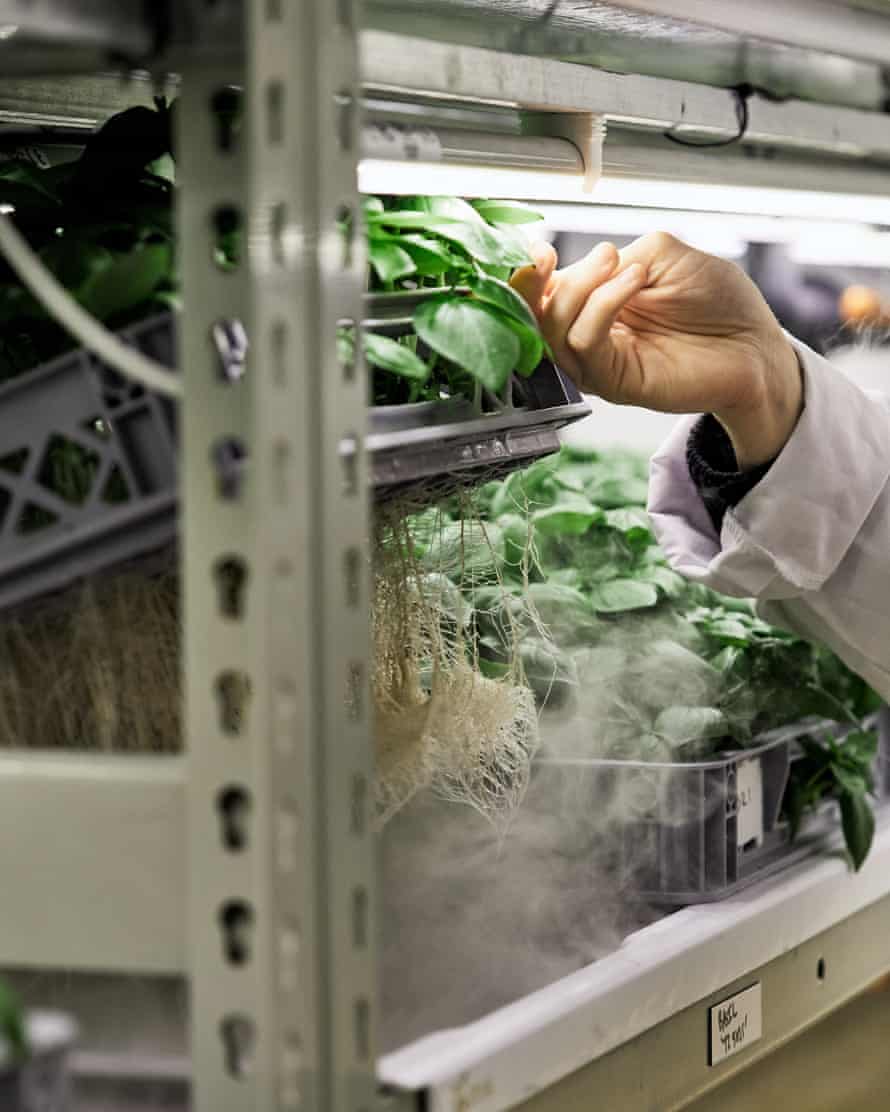

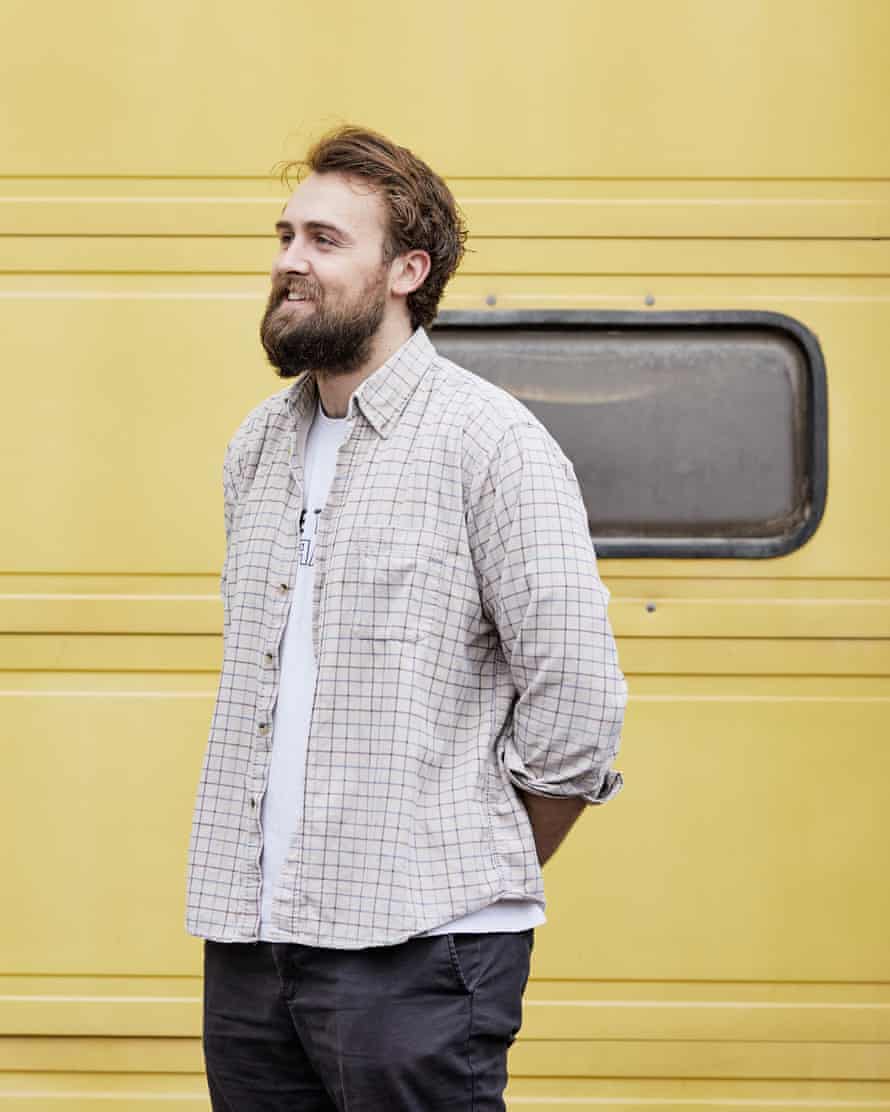
-
In LettUs Grow’s innovative vertical farms, instead of growing plants in soil, roots are exposed to a fine mist containing optimised nutrients
“We’ve proved the technology here in the UK, and now the exciting thing for us is taking that technology to the world,” says Guy. “DIT’s support has enabled us to make a detailed assessment of different markets, and that means we’re now working on substantial projects with partners in other countries, some of which dwarf any of the projects we’ve delivered in the UK.
“Everyone who works for LettUs Grow wants to make a positive change to the environment, but that means having an impact on a global scale. And that’s very much where we want to take our business.”

The built environment is as crucial as the natural one, and this is where Direct Access is helping to improve the daily lives of millions. What started as a one-man operation in a spare room in Nantwich, Cheshire, is now a thriving business with eight staff that helps organisations improve their accessibility through workplace assessments, training and audits, and which designs accessible products such as hearing loops and evacuation chairs.
Unusually, the business is fully staffed by disabled people – including its COO Steve Dering who is profoundly deaf – and this has made expansion into the export market more challenging. “In some ways, the changes because of the pandemic have been good for deaf people because video calls have become more widespread,” says Dering. “But it’s still not easy for us to just pick up the phone and talk to someone.
“Our founder, Steven Mifsud, always tells us: ‘Don’t let location be your anchor.’ Being able to understand businesses overseas and how to approach them is really helpful for that. When we looked at exporting to France, we made sure all our PowerPoint presentations and emails were in French, and that we had a translator. I think clients appreciated that, while we’re deaf, we were still able to communicate. I’ll sometimes send DIT an email I’ve written in French so they can check the language and tone, because if you get those small things right, it makes a big difference.”
Direct Access began its exporting journey after attending a disabilities conference in Dubai in 2017. “That conference, and the conversations we had there, led to our first contract, which we won to help make Expo 2020 Dubai as inclusive as possible,” says Dering. “We now work in France, Canada, Saudi Arabia and the US.
“Accessibility standards in other countries can be lower than in the UK, so we’re there to teach best practice to companies that want to go above the minimum, as well as supplying our accessibility products – people like to buy British, because of the quality.
“One of the reasons we’ve been so successful is that we have international expertise, and people want to understand what we do in other countries. The world is getting smaller because people like to travel, and if you have consistency of accessibility wherever you go, it makes the world better for everyone.”
To find out more about getting started with exporting goods and services, and what resources are available for your business, visit great.gov.uk